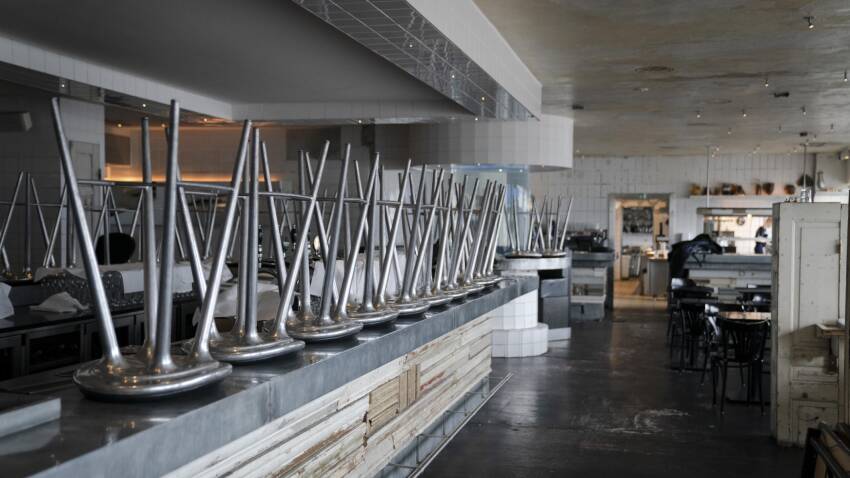This website uses cookies to improve your experience. We'll assume you're ok with this, but you can opt-out if you wish. Read more
Coronavirus DK: Second wave takes its toll on social activity
Coronavirus DK: Second wave takes its toll on social activity
Yesterday, Monday, December 7, the Danish government announced a new set of restrictions for the capital region and the two other largest cities. It was the day that the restrictions announced last week took effect and also the first day with more than 2,000 new infections. The State Serum Institute had presented a projection (DK) showing that, if nothing were done, the healthcare system could come under pressure before Christmas, with more than 4,000 daily infections and 500 hospitalizations. Increasing the tracing activity wouldn’t be sufficient to stop the spread from accelerating. The situation could be worse than in the spring, the report said, since there could be a shortage of healthcare staff because of a greater emphasis on quarantining people who are exposed to the virus.
 |
| Back to takeout for urban eateries. Photo: Oscar Scott Carl © Scanpix. |
These are the latest measures (DK), which apply from Wednesday, December 9, to January 3:
- Thirty-eight municipalities, with a total of 2.8 million residents – almost half the country – will be partially locked down.
- Restaurants and bars may not serve guests; they can offer takeout.
- Theaters, concert halls, museums, libraries and other public buildings are closed.
- Schools and universities from the fifth grade upwards must operate online; daycare centers will stay open.
- Civil servants are to work at home as much as possible.
- Indoor sports and other recreational activities are closed; professional sports events can continue, with a limit of 500 spectators.
- People in the affected municipalities should comply with these restrictions generally and not travel to other regions in order to participate in the banned activities.
- Families should limit Christmas gatherings to ten people.
The usual debate
Two virologists who have often been consulted about the pandemic disagree about the decision (DK). Søren Riis Paludan from Aarhus University thinks that the government should have waited to implement the restrictions until December 20, when the country normally closes down partially for the holidays, because of the high costs for education and the economy.
On the other hand, Allan Randrup Thomsen of the University of Copenhagen says the new restrictions should have been included in the policies announced last week. He believes that recent half-measures such as closing bars and restaurants at 10 p.m. have not worked because people simply adjust their behavior, by going out earlier, for example. The researchers do agree, however, that Christmas traditions pose an increased threat of infection and that the course of the pandemic depends on people taking responsibility themselves for minimizing the dangers.
Good news for country inns
Economists are sounding the alarm (DK) that, because of the new measures, business activity will get off to a slow start in 2021, when it was supposed to recover. Jeppe Juul Borre from Arbejdernes Landsbank notes that 60 percent of the country’s hospitality industry, which has already been the hardest hit by the pandemic, lies in the affected municipalities. He has reduced his GDP estimate for this year and warns that unemployment could rebound after falling over the summer.
There will always be arguments on both sides. Some political parties are criticizing the government (DK) for waiting too long to act, and some restaurants outside the cities are reporting a surge in reservations (DK) from people in the lockdown areas.


